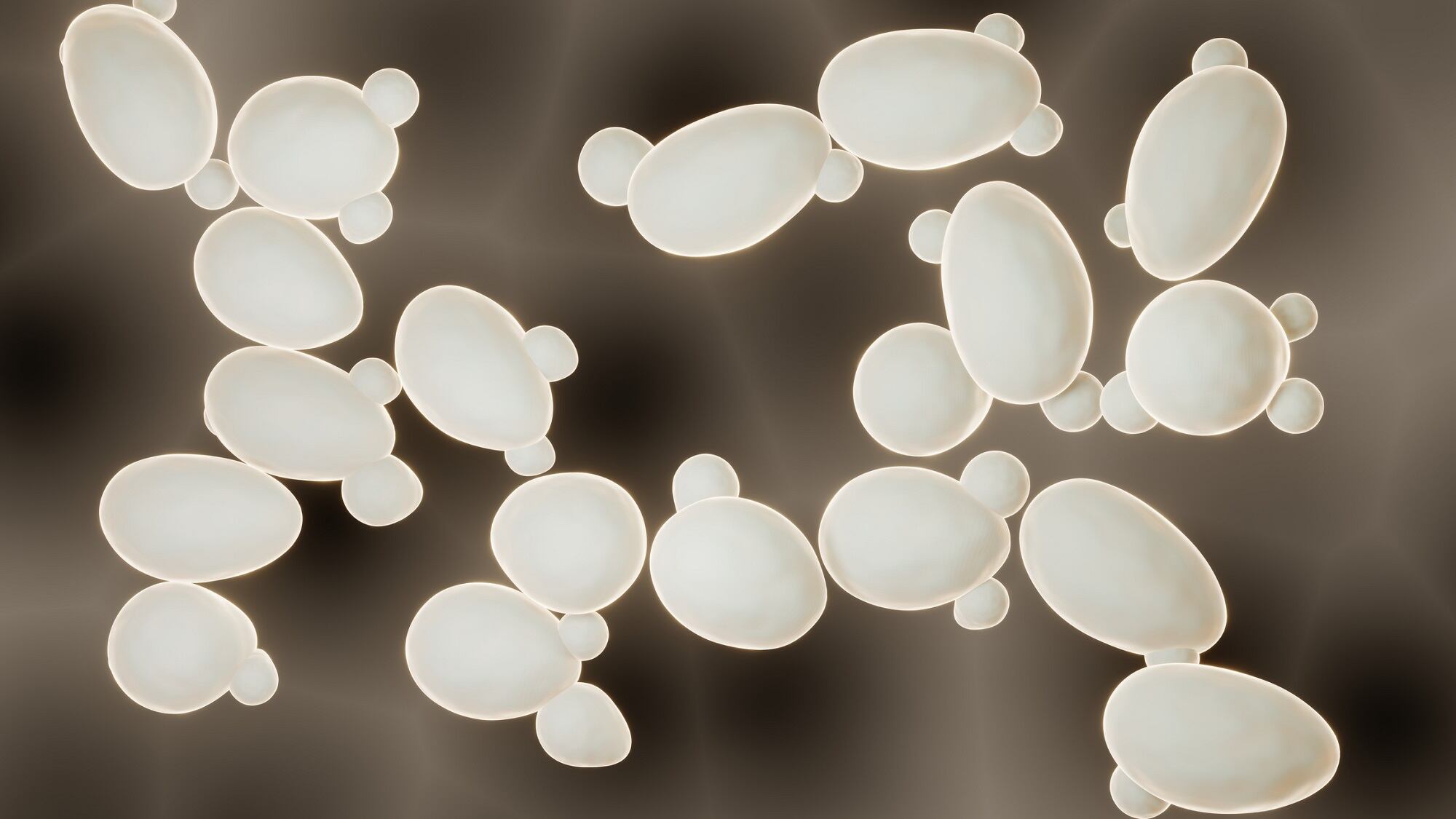This year at In-Cosmetics Global and NYSCC Suppliers’ Day, German-based Cambrium exhibited its flagship product, a vegan collagen ingredient for cosmetics and personal care product formulation called NovaColl.
While there are other vegan collagens currently available to manufacturers and suppliers of cosmetics and personal care products, NovaColl stands out and substantially different because of two main characteristics: it is 100% skin-identical, offering an unprecedented level of biocompatibility in product formulations, and it has a unique micro-molecular structure that allows it to have efficacy across skin layers, as detailed by Cambrium co-founder Mitchell Duffy.
To learn more about NovaColl’s potential impact on the cosmetics and personal care products market, its formulation process, and future potential as a ‘material that matters,’ CosmeticsDesign spoke with Duffy for his intimate ingredient insights.
About the NovaColl process
When Cambrium was founded just a few years ago, the team’s goal was to “aim to combine sustainability and efficacy, which are often mutually exclusive in cosmetic actives,” Duffy said. To accomplish this goal, they turned to “biotechnology and our proprietary protein programming language, unique to Cambrium, to design NovaColl.”
While Cambrium’s development and research team found that “the main challenge was committing to a design early on that could deliver within real-world conditions, through rigorous research and development, our team successfully overcame this challenge, resulting in the production of NovaColl,” Duffy explained.
As detailed in literature shared at the conferences, NovaColl is produced through “a precise biotechnological process which expresses the NovaColl micro-molecular collagen in yeast cells for the first time.” From there, the yeast cells are fed with natural carbon sources before undergoing a precision fermentation process followed by a series of filtration steps to separate the NovaColl vegan collagen molecule from the yeast cells.
Significance of sustainability
The fermentation process is cruelty-free and minimizes energy, land, and water use, Duffy shared. “The inputs to our process do not compete with food sources and can be sourced incredibly sustainably,” he added.
As an environmentally sustainable ingredient, NovaColl has the potential to become an “industry disruptor” for manufacturers and suppliers who have traditionally relied on animal-derived collagen products. Said Duffy, “we believe NovaColl marks a paradigm shift: it stands for a new class of collagen active, and we’re eager to see the impact it has across the industry.”
Considering that NovaColl “removes the animals from the loop as compared to traditional collagen, but it’s also more efficacious and better suited to human skin,” it is reasonable to expect that the material is “positioned as a premium ingredient for innovators,” Duffy added. “While it is indeed more expensive than traditional collagens, it shows superior performance to any animal derived collagen product, which in turn allows manufacturers to justify a premium.”
Regarding plans for further research, development, and innovation from Cambrium, Duffy shared that “the launch of NovaColl is just the beginning, adding that “we are currently working on a pipeline of exciting molecular innovations that we cannot wait to share with the world – on our journey to create materials that matter!”


